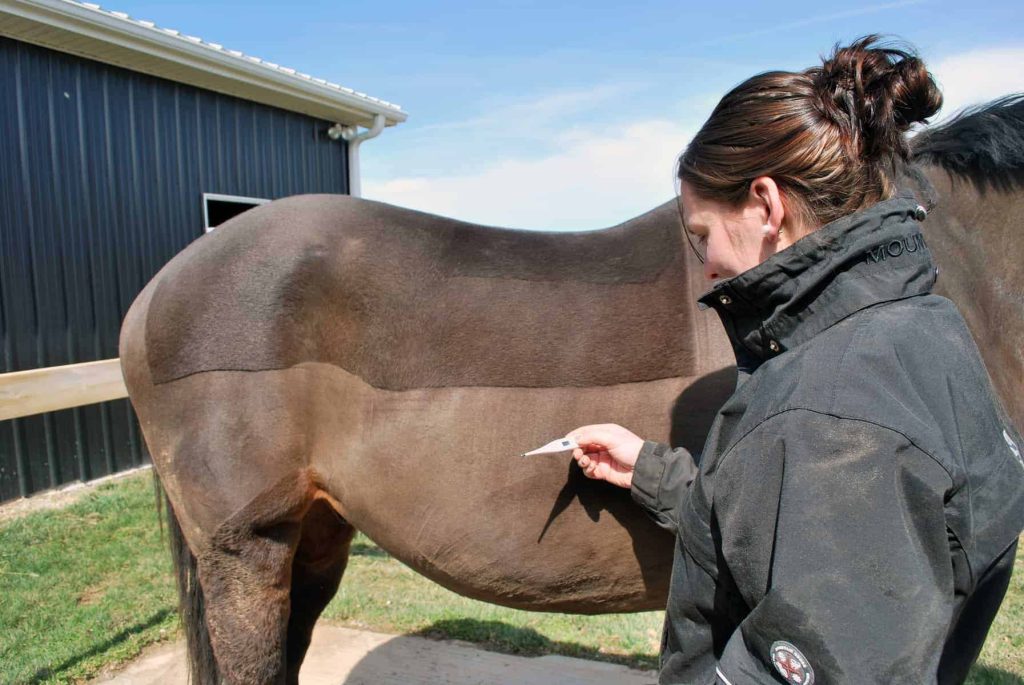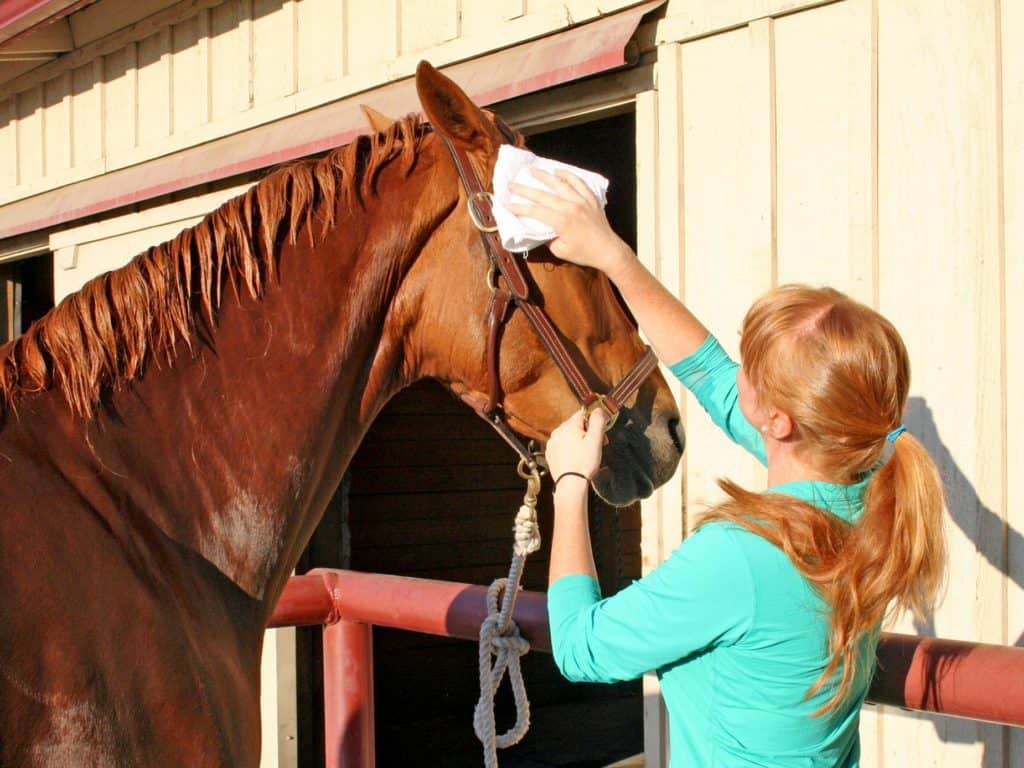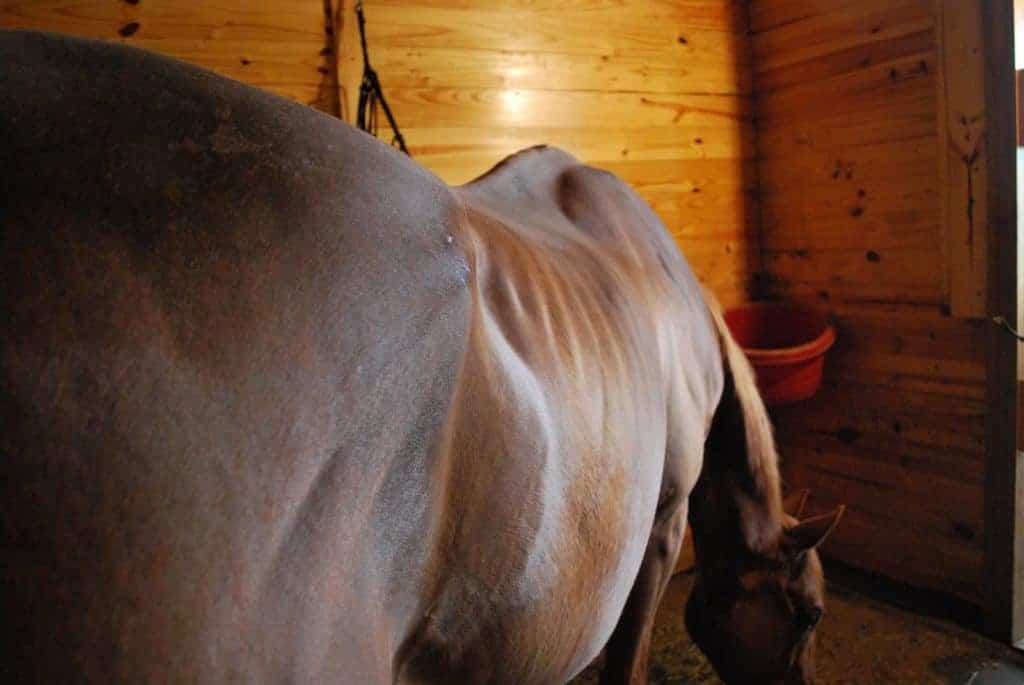
EIA in Iowa: Four Cases Reported in Polk County
The Equine Disease Communication Center reported April 8 that four Quarter Horses from Polk County, Iowa, have tested positive for EIA.
Horse-health-problem risk factors, prevention, diagnosis, and treatment

The Equine Disease Communication Center reported April 8 that four Quarter Horses from Polk County, Iowa, have tested positive for EIA.

The affected 15-year-old Quarter Horse mare is quarantined at her home facility in Johnson County along with 19 other horses.

Appropriate use of vaccination and implementing biosecurity measures are critical to protecting the horse industry from outbreaks of highly contagious viruses, including equine influenza.

Find out which flowers, shrubs, and trees you should avoid when sprucing up your barn this spring.

A mare at a private facility aborted a pregnancy in late March. Tests confirmed the abortion was caused by EHV-1 infection, There is no evidence to suggest this case is connected to case diagnosed in Ada County earlier this month.

Here are four crucial areas to include in your horse grooming routine.

The affected 14-year-old Quarter Horse mare began exhibiting clinical signs on March 21. By April 1 she was described as clinically normal but remains quarantined.

The affected horse is under veterinary care at a private facility, which is now under quarantine.

Studies have shown that vaccines can be effective in reducing the risk of horses contracting both EEE and WNV when administered appropriately. Here’s why you should vaccinate your horses.

Orphan foals raised with a correct balance of nutrients and monitored for growth, food consumption, and weight gain can be every bit as tall, strong, and athletic as foals raised by their dams.

A 20-year-old Quarter Horse mare developed severe neurologic signs on March 25 and was euthanized. This case is not associated with the one reported in the same county on March 25.

Officials reported cases in Maricopa and Yavapai counties, in Arizona, and in Polk County, Iowa.

The affected 3-year-old Thoroughbred filly from Alameda County was euthanized due to the severity of her neurologic signs.

Health conditions, management changes, and palate preferences can affect a horse’s appetite.

Dr. Angela Pelzel-McCluskey explains why certain populations, such as racing Quarter Horses, might have a higher risk for contracting equine infectious anemia.

Researchers identified upper respiratory tract disorders, many of which aren’t common in other horse types, in 92% of the competition draft horses they examined.
Stay on top of the most recent Horse Health news with
"*" indicates required fields